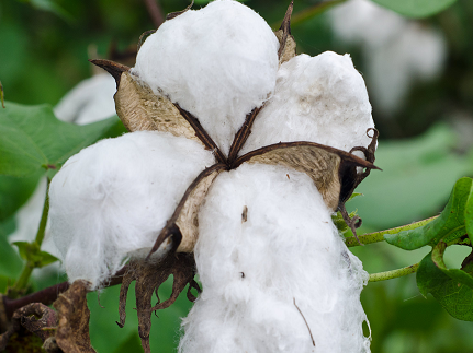The National Cotton Association of Nigeria (NACOTAN) says it plans to ensure that its members have easy access to the new varieties of biotech (Bt) cotton seeds for increased production.

NACOTAN President, Mr Anibe Achimugu, who said this in an interview on Tuesday, October 13, 2020 in Abuja, emphasised that the varieties have capacities to improve cotton yield in the country.
“The characteristics of the two varieties are such that one variety has a minimum yield of about 2.2 tons per hectare.
“The second variety has a minimum yield of 3.2 tons but with good agronomical practices and other recommendations, about 4 and 4.5 metric tonnes per hectare can be achieved,’’ he said.
Achimugu said that the COVID-19 pandemic had adversely affected cotton production in the country, because it hindered farmers’ access to Bt cotton seeds.
“Access to significant quantities of the seeds was difficult during the peak period of the pandemic but the ones already bought by farmers are yielding,’’ he said.
Achimugu said that cotton farmers would start harvesting by end of October right into the first and second weeks of November, adding that there was indication that there would be bumper harvest in the 2020 farming season.
“We believe we will be doing an average of 2.5 to 3 metric tonnes per hectare considering what we are seeing already,’’ he said.
Achimugu said that one of the advantages of the Bt cotton seeds was the less use of agro chemicals on farm.
He also said that the varieties were resistant to drought, meaning that they could still be planted in dry season with good yield.
“Of course, the quality of the cotton itself which is the fibre that it produces is also of quality.
“You know cotton is traded based on quality and the better, the more you gain,’’ he said.
He said that in spite of the cost element, the gains and profit of the two varieties were much more than the conventional cotton seeds.
The Federal Government recently released two cotton varies -MRC 7377 BG 11 and MRC 7361 BG 11 for enhanced cotton production in the country.
By Sylvester Thompson
